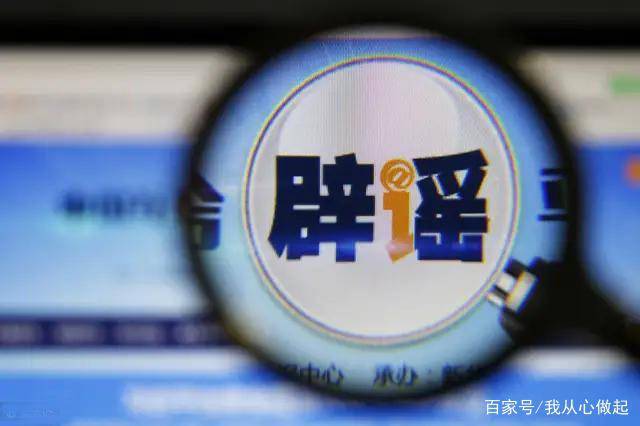Friends with high blood fat and cardiovascular diseases, they are not unfamiliar with statins!
Statins can not only reduce bad blood vessels such as cholesterol and low-density lipoprotein, but more importantly, they can stabilize plaques, prevent the aggravation of cardiovascular diseases, and prevent myocardial infarction.
However, like many drugs, statins have side effects, so many people say: statins are toxic, statins harm the liver, statins should not be taken long-term, should be taken for a period of time, then stopped.
Is it true?
First of all, we can confirm that statins do have side effects, which may cause liver damage, and even new-onset diabetes, muscle damage, and other side effects. But these side effects only occur in a few people, if closely monitored, they will not lead to adverse consequences. The main issue is that adhering to the use of statins can bring more benefits to patients.
Let’s look at the latest research:
An American study enrolled over 340,000 patients with stable atherosclerotic cardiovascular disease.
After a 3-year follow-up, the analysis showed that compared to patients who regularly took statins long-term, the risk of death increased by 30%, 21%, and 8% for patients taking medication for less than 50%, 50%~69%, and 70%~89%, respectively.
What does this mean?
The less regular the intake of statins, the higher the mortality rate. Simply put, if the intake of statins is less than half the prescribed time, the mortality rate increases by 30%.
The study results show: the poorer the compliance with statin treatment, the higher the risk of death.
Therefore, if we have a clear disease for which statins are prescribed, such as coronary heart disease, angina pectoris, post-stent placement, post-bypass surgery, heart attack, etc., then take them regularly, do not skip doses.
An irregular intake method, like skipping doses, does not reduce the side effects of statins; it only increases the mortality rate.
It’s better to take them honestly, but during the medication period, regular follow-up and monitoring are essential: blood sugar, liver function, enzymes, lipid profile.
Only in this way can statins be maximally effective in truly preventing cardiovascular diseases and reducing statin side effects.
(Officially authorized original content protection by Cardiovascular King Doctor; any plagiarism will be legally pursued.)


